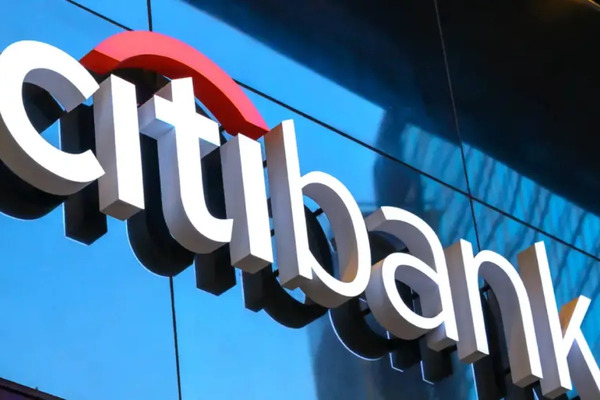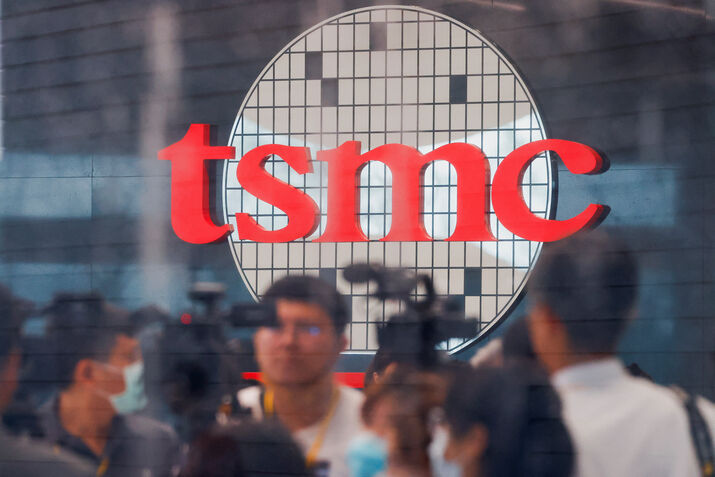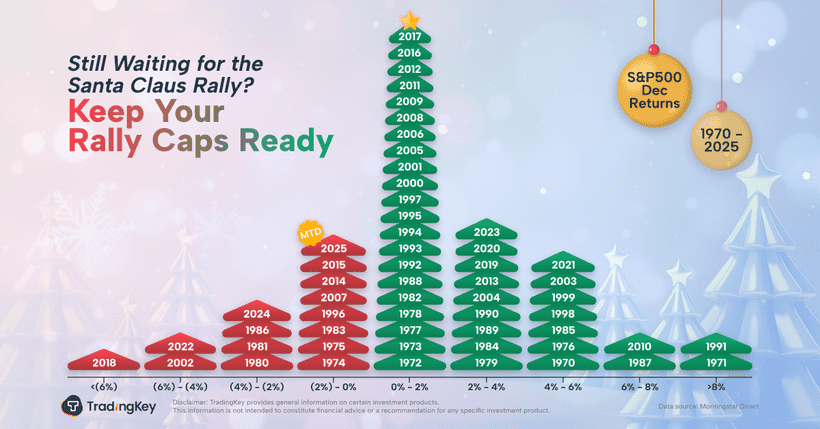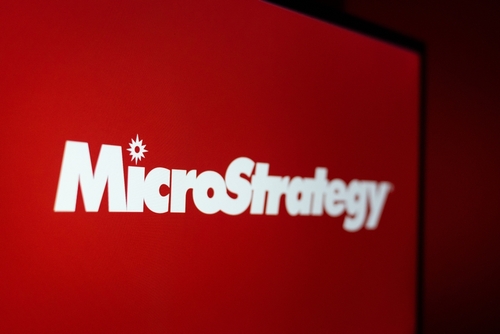Citigroup Q3 2024 Earnings: 5 Key Takeaways For Investors

TradingKey - In the pre-Global Financial Crisis (pre-GFC) world of global banking, there were two juggernauts: Citigroup Inc (NYSE: C) and HSBC Holdings plc (NYSE: HSBC). Also known as just “Citi”, the bank had always been an American banking conglomerate that wanted to have a presence in every part of the world.
In the past decade, though, Citi has pared back its ambitions and sold off many of its local units to focus on core profit drivers. In 2022, it sold off its consumer banking businesses in Indonesia, Malaysia, Thailand, and Vietnam to Singapore banks United Overseas Bank Ltd (SGX: U11), otherwise known as UOB.
Under CEO Jane Fraser, who took over the top job in March 2021, Citi has a renewed focus on maximising profits from its investment banking and wealth management businesses. Higher interest rates in the US have also benefitted Citigroup given its sizeable consumer banking business in its home market.
Citi reported its latest Q3 2024 earnings, for the three months ended 30 September 2024, before the marketed opened on Tuesday (15 October). For bank stock investors, here are five key takeaways from Citi’s latest Q3 2024 earnings.
Net income of US$3.2 billion
Citi reported net income of US$3.2 billion for its latest quarter, which was down from the US$3.5 billion in Q3 2023. It attributed this to the higher cost of credit – although this was partially offset by higher revenues and lower expenses. The bank also set more aside in credit provisions, including a US$315 million credit allowance.
The bank did manage to drive down expenses – a key metric for banks that are trying to control costs – by 2% year-on-year and maintained its prior guidance that it expects full-year 2024 costs to remain between US$53.5 billion and US$53.8 billion.
Net interest income falls 3% year-on-year
The impact of falling interest rates in the US is starting to come through, as was seen by Citi’s latest net interest income (NII) figure that came to US$13.4 billion – which was down 3% year-on-year. Excluding its Markets business, NII was US$12.0 billion and was also down on the year.
Source: Citigroup Q3 2024 earnings presentation
As interest rates fall, banks everywhere will have to combat falling NII – the money made on the spread between the deposit rate a bank pays and the interest rate it charges on loans – and net interest margin (NIM). For Citi, its NIM fell to 2.33% in Q3 2024 and that was down from a NIM of 2.49% in the year-ago quarter.
Revenue rises 1% year-on-year
Citi’s top line growth was anaemic, as revenue rose just 1% year-on-year to US$20.32 billion in Q3 2024, from the US$20.14 billion in Q3 2023. However, there were bright spots, including a 31% year-on-year jump in investment banking revenue from higher client activity, particularly from debt underwriting, as well as a 9% revenue increase from its Wealth business.
The equity markets division saw revenue rise 32% year-on-year on the back of a strong showing in global stocks but its fixed income division saw revenue decline by 6% year-on-year.
Poor ROTCE and PB ratios
Citi, due to its size and general lack of focus following the GFC, has always been considered a “value” stock by bank investors. That’s not changing any time soon after the latest quarterly earnings reaffirmed many of the worries surrounding the bank.
Its Return on Tangible Common Equity (ROTCE), a key measure of profitability and how well a bank turns its deposits into profits, fell to 7% in its latest quarter. For context, Bank of America Corp (NYSE: BAC) reported ROTCE of 12.8% in its latest earnings (which it also reported on Tuesday) while giant JPMorgan Chase & Co (NYSE: JPM) posted an ROTCE of 19% in its latest quarterly results.
Meanwhile, Citi continues to trade a discount to its book value, with its shares trading at around 0.7x price-to-book (PB) and well below where its peers trade.
Rumours over capital constraints hit shares
While other big banks reported in the US early this week and late last week, seeing their share prices rise, Citi was an outlier in that its shares fell 5% on Tuesday. One of the big reasons for that was speculation that regulators in the US had placed the bank under an “asset cap”, which is a prohibitive penalty for financial services firms.
While CEO Jane Fraser refuted this, shares still fell on concerns there could be potential limitations placed on the bank. Citi CEO Fraser commented earlier that “we knew 2024 would be a tough year” and it’s certainly turning out that way for Citi shareholders.
While the bank’s shares are up 18.1% so far in 2024, they’re underperforming the S&P 500 Index’s 22.6% advance. Over the past five years, Citi’s share price has declined 10.2% versus the S&P 500 Index’s price gain of 94.7%.








